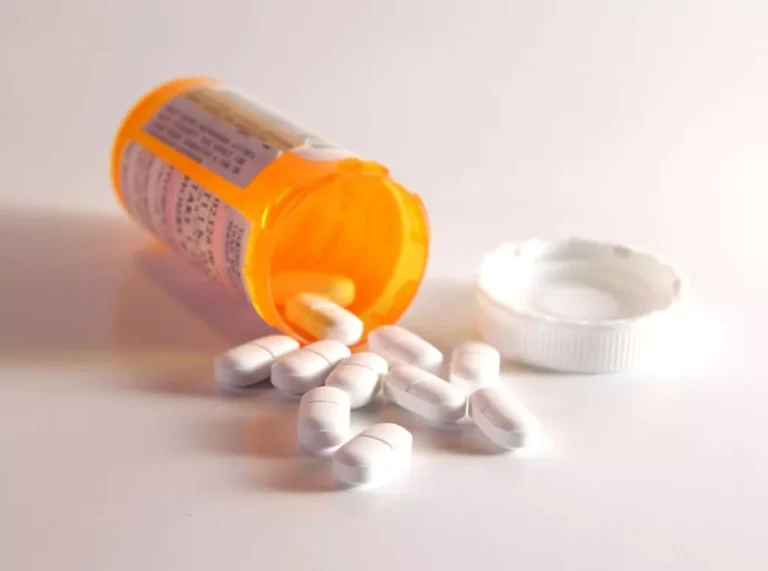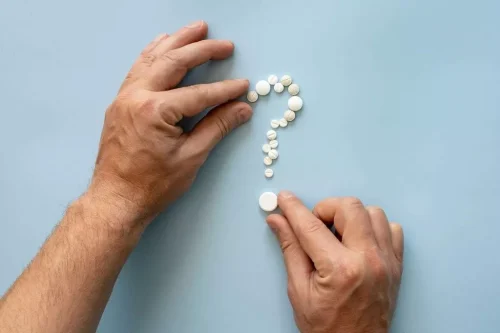
However, the World Heart Federation (WHF) has clarified that no alcohol, including wine, benefits heart health (26). They emphasize that alcohol is linked to health risks regardless of the amount consumed. The previous belief that moderate red wine is beneficial has been debunked. In fact, it has been shown to provide no health benefits (26, 27). Furthermore, certain compounds found in beer, such as d-amino acids (DAAs), might contribute to elevated uric acid levels in the blood, which can negatively affect kidney function (23). However, if the damage is detected early and alcohol consumption is stopped, the kidneys may gradually recover and regain their partial or full function (4, 19).

1. Data Collection
Alcohol increases your risk of many types of cancer, including breast, liver, mouth, and colon. However, 2012 research suggests your risk of developing kidney cancer may be lower if you consume alcohol. Binge drinking, or drinking numerous drinks in just a few hours, can cause an acute kidney injury. Kidneys help filter toxins from your blood, and they also help to ensure you’re maintaining the right amount of water in your body.

What Does Alcohol Do to Your Body? 9 Ways Alcohol Affects Your Health

This could also be a significant factor contributing to ethanol-induced mitochondrial dysfunction in the kidneys (Harris et al. 2015). Ethanol administration in rats showed particular alterations in the renal antioxidant system and glutathione status [4,5]. Polyphenols, which are found in beverages, such as red wine, also have antioxidant effects [6,7]. However, another rat model showed that ethanol may increase blood pressure and angiotensin II type 1 receptor expression, causing glomerular morphology changes.
- Excess alcohol can have harmful effects on the kidneys or worsen the side effects of your cancer treatment.
- Drinking can lead to alcoholic dehydration even with just a few drinks.
Alcohol consumption and inflammation
In addition, AUD’s effect on other major organs (liver, heart, intestines, and skeletal muscle) appears to promote unfavorable pathological processes that are harmful to the kidneys. Notably, these mechanisms have not yet been validated experimentally in the kidney. Additional research is needed to clarify if alcohol does indeed promote kidney injury and the mechanisms by which alcohol-induced kidney injury may occur. Even without binge drinking, regularly drinking too much too often can also damage the kidneys. Regular heavy drinking has been found to double the risk chronic kidney disease, which does not go away over time. Even higher risk of kidney problems has been found for heavy drinkers who also smoke.
For example, when rats are given alcohol, they also require significant magnesium in their diets, suggesting that alcohol disrupts absorption of this nutrient from the gut. Investigators have speculated that alcohol or an intermediate metabolite directly affects magnesium exchange in the kidney tubules (Epstein 1992). Another https://ecosoberhouse.com/ potential cause of hypophosphatemia in alcoholic patients is hyperventilation, which can occur during alcohol withdrawal. Prolonged rapid, shallow breathing results in excessive loss of carbon dioxide and decreased blood acidity (i.e., alkalosis), which in turn activates an enzyme that enhances glucose breakdown.
One way in which alcohol directly affects the kidneys is by altering the form and structure of this pair of organs, as demonstrated by various animal studies. For example, in an early study on dogs (Chaikoff et al. 1948), investigators observed several striking alterations after chronic alcohol administration. The basement membrane of the glomerulus (see sidebar figure) became abnormally thickened alcohol and kidneys and was characterized by cell proliferation. Further changes included enlarged and altered cells in the kidney tubules. In another study, Van Thiel and colleagues (1977) compared kidney structure and function in alcohol-fed and control rats. For instance, a high intake of sugary beverages or high-sodium foods may strain the kidneys (1, 2), potentially leading to kidney damage over time.